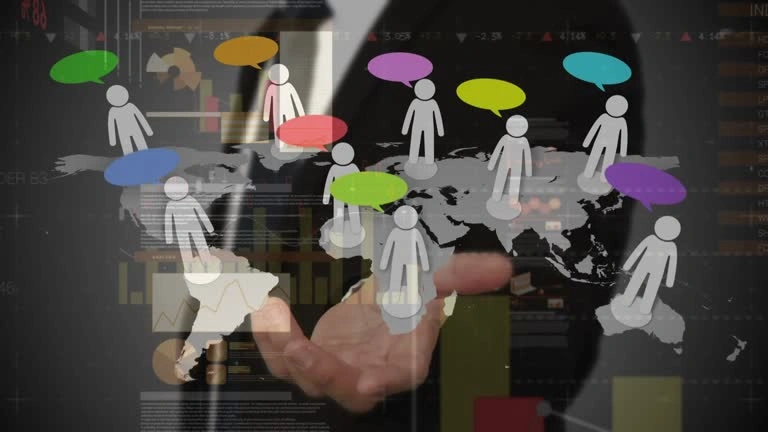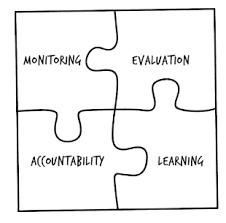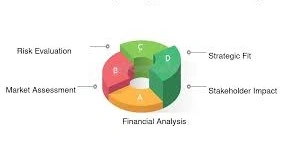Course Overview
Monitoring and Evaluation (M&E) for Community-based Projects involves systematic processes designed to track, assess, and improve the progress, effectiveness, and impact of projects implemented within communities. It is the essential processes aimed at ensuring accountability, learning, and continuous improvement in the implementation of projects within communities, ultimately leading to more effective and sustainable development outcomes.
Training on M&E for community-based projects is designed to equip individuals with the essential knowledge and skills to effectively monitor, evaluate, and assess the impact of development and community projects.
Course Duration
5 Days
Who Should Attend
- Project managers and coordinators working on community-based projects
- Monitoring and evaluation specialists
- Program officers and development practitioners
- Government officials involved in community development
- Non-governmental organization (NGO) staff
- Donor agency representatives
- Anyone interested in improving M&E practices for community projects
Course Objectives
By the end of this course, participants will be able to
- Understand the principles and components of the Logical Framework Approach.
- Develop a detailed Logical Framework Matrix (Logframe) for project planning.
- Identify and formulate clear project goals, objectives, outputs, and activities.
- Design effective indicators for monitoring and evaluating project performance.
- Conduct stakeholder analysis to ensure inclusive project design.
- Apply risk management strategies to project planning and implementation.
- Utilize the LFA for resource allocation and budgeting.
- Enhance project proposal writing skills using the Logical Framework Approach.
- Implement and manage projects effectively based on the Logical Framework Matrix.
- Evaluate project outcomes and impact using the LFA.
Course Outline:
Module 1: Introduction to Monitoring and Evaluation
- Understanding M&E: Definitions and Importance
- Key Concepts and Principles of M&E
- The M&E Cycle: Planning, Implementation, and Learning
- Overview of Community-based Projects
Module 2: Designing M&E Frameworks
- Developing Logical Frameworks (Logframes)
- Creating Theory of Change Models
- Setting Objectives, Outputs, Outcomes, and Impacts
- Identifying and Selecting Indicators
Module 3: Data Collection and Analysis
- Designing Data Collection Tools and Methods
- Quantitative and Qualitative Data Collection Techniques
- Sampling Methods and Data Quality Assurance
- Data Analysis Techniques: Descriptive and Inferential Statistics
Module 4: Reporting and Utilizing M&E Findings
- Developing M&E Plans and Schedules
- Reporting M&E Results: Formats and Best Practices
- Communicating M&E Findings to Stakeholders
- Using M&E Results for Decision-making and Project Improvement
Module 5: Participatory M&E and Case Studies
- Participatory M&E Approaches and Techniques
- Engaging Community Stakeholders in M&E
- Case Studies and Best Practices in Community-based Project M&E
Customized Training
This training can be tailored to your institution needs and delivered at a location of your choice upon request.
Requirements
Participants need to be proficient in English.
Training Fee
The fee covers tuition, training materials, refreshments, lunch, and study visits. Participants are responsible for their own travel, visa, insurance, and personal expenses.
Certification
A certificate from Ideal Sense & Workplace Solutions is awarded upon successful completion.
Accommodation
Accommodation can be arranged upon request. Contact via email for reservations.
Payment
Payment should be made before the training starts, with proof of payment sent to outreach@idealsense.org.
For further inquiries, please contact us on details below:






